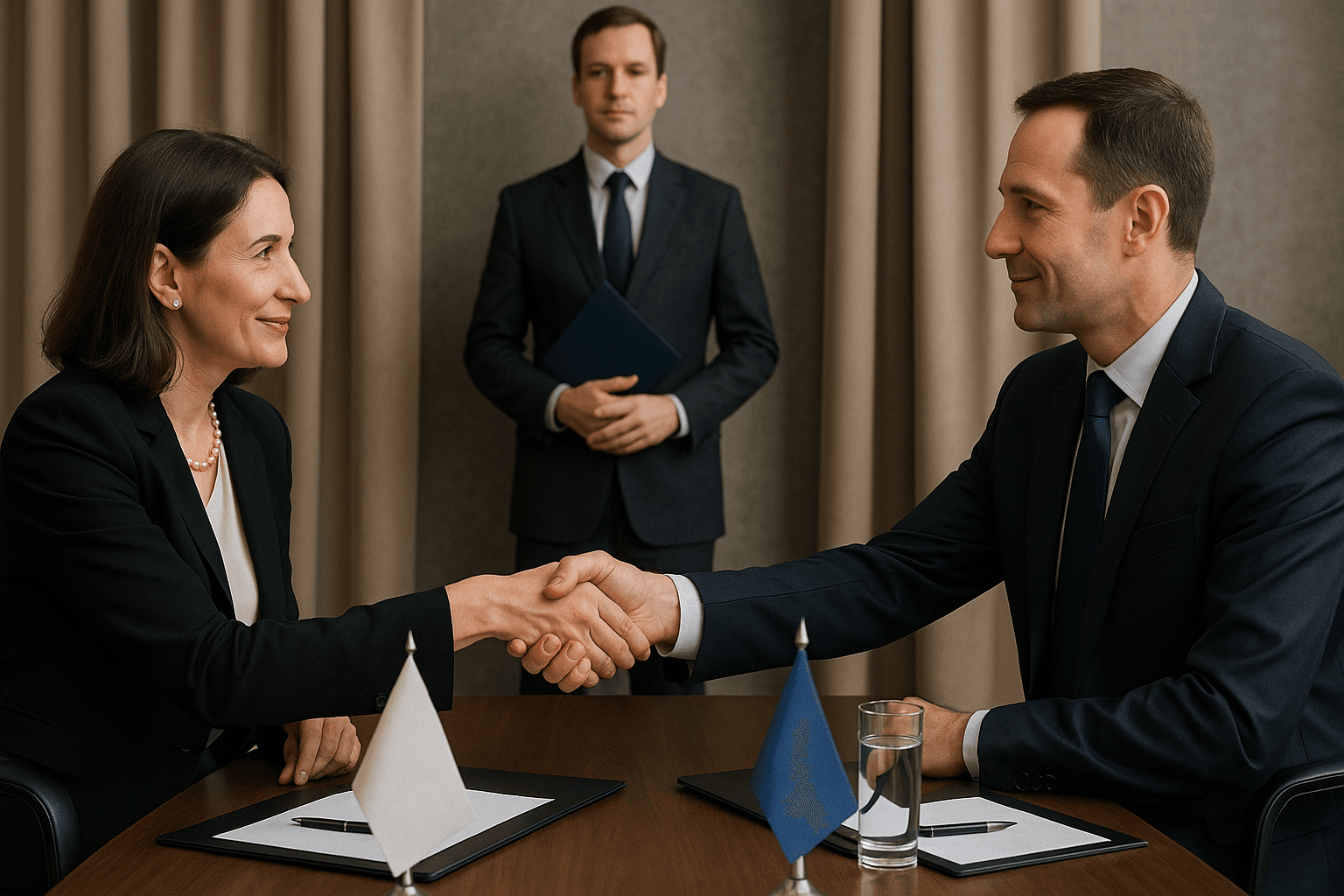
The Role of Protocol in Enhancing Cross-Cultural Diplomatic Relations
Bridging Nations through Diplomatic Etiquette and Cultural Understanding
In today’s interconnected world, diplomacy serves as the foundation of peaceful international relations, and protocol functions as its guiding framework. The role of protocol in enhancing cross-cultural diplomatic relations goes far beyond ceremonial practices. It ensures respect, recognition, and harmony among diverse cultures, preventing misunderstandings that could escalate into larger conflicts. When governments, institutions, and representatives engage across borders, they rely on established diplomatic etiquette to maintain decorum and foster mutual trust.
The significance of protocol is most evident in multicultural diplomatic engagements where cultural nuances, traditions, and values differ greatly. By understanding and applying these standards, diplomats and leaders demonstrate sensitivity, inclusivity, and professionalism. This strategic use of protocol builds credibility, strengthens alliances, and paves the way for successful negotiations. Professionals seeking to strengthen their expertise in this area often turn to specialized protocol and diplomacy training courses, which provide the knowledge and practical skills needed to navigate complex intercultural interactions with confidence.
Why Protocol Matters in Cross-Cultural Diplomacy
Protocol is more than just formalities; it is the art of communicating respect across different cultural systems. In diplomacy, where even minor missteps can have significant consequences, observing protocol reinforces credibility and preserves relationships.
For example, variations in greeting customs, seating arrangements, or the order of speeches may seem minor, but in diplomatic circles, they represent deep cultural values. By observing these practices correctly, diplomats acknowledge the traditions of others, showing respect while protecting their own national interests. In this way, protocol functions as a safeguard, minimizing the risk of misunderstandings and strengthening the foundation of cooperative relations.
Well-structured diplomatic protocol training courses offer professionals practical guidance on managing these interactions. Such courses explore not only the technicalities of formal etiquette but also the soft skills required to anticipate and adapt to cultural expectations, making participants more effective in high-stakes environments.
Protocol as a Bridge Between Cultures
At its core, diplomacy involves building bridges. Protocol ensures that these bridges are constructed on trust, inclusivity, and cultural appreciation. When diplomats meet, whether in bilateral negotiations or multilateral summits, protocol guarantees equal treatment and recognition, regardless of cultural or political differences.
Consider the symbolism in flag arrangements, national anthems, and ceremonial seating. These elements reflect mutual respect and acknowledgement of sovereignty. Without protocol, small oversights could inadvertently cause offense, undermining years of diplomatic effort. Instead, strict adherence to protocol transforms such details into opportunities to show goodwill and strengthen ties.
Organizations and professionals increasingly recognize that mastering this discipline can lead to more productive collaborations. This is why many invest in international relations and protocol training courses, which equip them with tools to balance cultural differences while maintaining professional authority.
The Role of Protocol in Negotiations and Conflict Prevention
Negotiations are the cornerstone of diplomacy, and protocol ensures that they proceed in a structured and respectful manner. By creating a level playing field, it minimizes unnecessary tensions and allows participants to focus on substantive issues rather than ceremonial errors.
Protocol establishes clear expectations for how dialogue should unfold—who speaks first, how documents are exchanged, and how agreements are ratified. These seemingly formal steps maintain order while reducing ambiguity. For cross-cultural negotiations, this is especially important because it prevents misinterpretations that could stall discussions or, worse, create conflict.
Beyond formal negotiations, protocol also plays a preventive role. By reinforcing respect for cultural traditions, it diffuses potential sources of friction before they escalate. In this way, protocol contributes directly to conflict prevention and peacebuilding.
Training for the Future of Diplomacy
The evolution of global diplomacy demands continuous learning. As cultural exchanges become more complex, professionals must stay ahead by refining their knowledge of traditions, etiquette, and international law. Protocol is no longer limited to state leaders—it is equally important for multinational corporations, non-governmental organizations, and international institutions engaging across borders.
For professionals in these fields, specialized protocol and diplomacy training courses offer a comprehensive understanding of ceremonial rules, negotiation etiquette, and cross-cultural awareness. Participants learn how to manage international events, engage with global partners, and apply diplomatic skills in corporate and governmental contexts. By combining cultural sensitivity with strategic thinking, these courses empower individuals to become influential representatives in global forums.
Conclusion
Protocol is not a rigid set of rules—it is the language of respect in diplomacy. By observing proper etiquette, diplomats and professionals reinforce credibility, strengthen alliances, and prevent cultural misunderstandings. From ceremonial gestures to negotiation etiquette, protocol provides the framework for constructive dialogue and long-term cooperation.
In a world where cultural diversity defines international relations, protocol serves as a vital bridge between nations. For professionals seeking to enhance their skills and contribute to global diplomacy, exploring advanced protocol and diplomacy training courses is an essential step toward mastering this art.










